Home>Garden Essentials>How To Use Black Seed
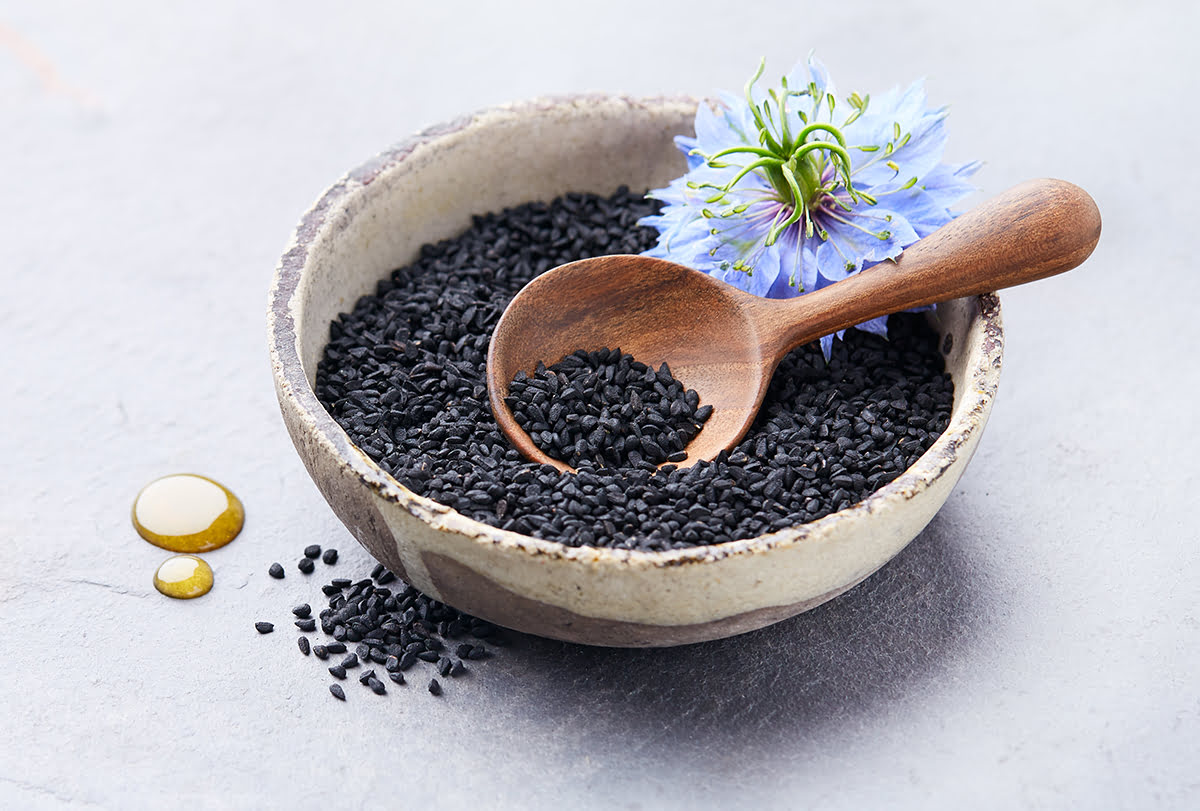

Garden Essentials
How To Use Black Seed
Modified: March 15, 2024
Learn how to utilize black seed in your garden and maximize its benefits. Discover effective methods for planting and caring for this versatile plant.
(Many of the links in this article redirect to a specific reviewed product. Your purchase of these products through affiliate links helps to generate commission for Storables.com, at no extra cost. Learn more)
Introduction
Welcome to the world of black seed, a powerful natural ingredient that has been used for centuries for its numerous health benefits. Also known as Nigella sativa or black cumin, black seed is native to South Asia and has gained popularity across the globe for its medicinal properties. In this article, we will explore what black seed is, its health benefits, and how to incorporate it into your daily routine.
Black seed has a rich history that dates back to ancient civilizations such as the Egyptians, Greeks, and Romans, who recognized its potential in promoting health and wellness. Traditionally, black seed has been used to treat various ailments due to its abundance of active compounds, including thymoquinone, thymohydroquinone, and thymol. These compounds are believed to possess antioxidant, anti-inflammatory, and antimicrobial properties, making black seed a valuable natural remedy.
One of the most notable health benefits of black seed is its immune-boosting properties. It is believed to support the immune system, helping to fight off infections and diseases. Studies have shown that black seed may have antiviral and antibacterial effects, which can be beneficial in protecting the body from harmful pathogens. Regular consumption of black seed may help strengthen the immune system and enhance overall well-being.
In addition to its immune-boosting properties, black seed is also known to have positive effects on cardiovascular health. Research suggests that black seed may help lower blood pressure, reduce cholesterol levels, and improve overall heart health. It can also have a beneficial impact on blood sugar levels, making it a potential natural remedy for managing diabetes.
The use of black seed is not limited to internal health benefits alone. It can also be used topically to promote healthy skin and hair. Black seed oil is commonly used in skincare products due to its moisturizing and soothing properties. It can help hydrate the skin, reduce inflammation, and promote a youthful complexion. Black seed oil is also beneficial for hair health, as it can strengthen the hair follicles, reduce hair fall, and stimulate hair growth.
With its numerous health benefits, incorporating black seed into your daily routine can be beneficial for overall wellness. Whether you choose to consume it in the form of black seed oil, capsules, or powder, or apply it topically as part of your skincare or haircare routine, there are various ways to enjoy the benefits of black seed.
Now that we have discussed the introduction and the potential health benefits of black seed, let’s delve into more detail about how black seed can be used for specific health conditions and incorporate it into your daily diet for maximum benefits.
Key Takeaways:
- Black seed, also known as Nigella sativa, is a versatile natural ingredient with immune-boosting properties, potential benefits for skin and hair, and promising results for various health conditions. It can be easily incorporated into your daily routine for overall well-being.
- When using black seed, start with a lower dosage and gradually increase, be aware of potential allergies or medication interactions, and always seek professional advice. Embrace the ancient wisdom of black seed to unlock its vast potential for improved health, skin, hair, and vitality.
Read more: How To Use Black Seed Oil For Face
What is Black Seed?
Black seed, also known as Nigella sativa, is a flowering plant native to South Asia. It belongs to the Ranunculaceae family and has been used for centuries in traditional medicine systems like Ayurveda and Unani. Black seed is cultivated for its small, black seeds, which have a distinct taste and aroma.
The seeds of the Nigella sativa plant have long been revered for their potent health benefits. They contain a variety of active compounds, including thymoquinone, thymohydroquinone, and thymol, which contribute to their medicinal properties. These compounds are known for their antioxidant, anti-inflammatory, and antimicrobial effects.
Black seed has a rich and diverse history in traditional medicine. It has been used for its therapeutic properties to support various aspects of health and well-being. In ancient Egypt, black seed oil was considered a valuable remedy and was even found in the tomb of the famous pharaoh, Tutankhamun. The Greeks and Romans also recognized the benefits of black seed and used it for digestive complaints, skin conditions, and overall health.
Black seed is commonly used as a spice in many cuisines, adding a subtle nutty flavor to dishes. The seeds can be used whole or ground, and they are often sprinkled on breads, curries, and salads. In addition to its culinary uses, black seed is also available in various forms, including capsules, oils, and powders, for easy incorporation into daily health routines.
One of the key components of black seed is thymoquinone, which is believed to be responsible for many of its health benefits. Thymoquinone has been extensively studied for its antioxidant properties, which help neutralize harmful free radicals in the body, reducing oxidative stress and supporting overall health.
In addition, black seed is also known for its anti-inflammatory effects. Chronic inflammation is linked to various health conditions, including heart disease, diabetes, and certain cancers. The anti-inflammatory properties of black seed may help reduce inflammation in the body and potentially lower the risk of these conditions.
Furthermore, black seed has antimicrobial properties, making it effective against a variety of microorganisms. It has shown activity against bacteria, viruses, and fungi, which can help protect against infections and support the body’s immune system.
Overall, black seed is a powerful natural ingredient with a rich history in traditional medicine. Its active compounds and various health benefits make it a valuable addition to any wellness routine. In the following sections, we will explore how black seed can be used specifically for skin, hair, and various health conditions, as well as how to incorporate it into your diet.
Health Benefits of Black Seed
Black seed, also known as Nigella sativa, has been revered for its health benefits for centuries. This powerhouse ingredient offers a wide range of advantages for overall well-being. Let’s explore some of the key health benefits of black seed:
- Immune System Support: Black seed is known for its immune-boosting properties. It contains compounds that help stimulate and strengthen the immune system, making it more resilient against infections and diseases. Regular consumption of black seed may contribute to better overall immune function.
- Anti-inflammatory Effects: Chronic inflammation is at the root of many health conditions, including arthritis, cardiovascular disease, and certain types of cancer. Black seed has been shown to possess anti-inflammatory properties, helping to reduce inflammation in the body and potentially lower the risk of these conditions.
- Antioxidant Protection: Free radicals, which are highly reactive molecules, can damage cells and contribute to various health problems. Black seed is rich in antioxidants, such as thymoquinone, that can neutralize these harmful free radicals, protecting the body against oxidative stress and supporting overall health.
- Heart Health: Black seed has been studied for its potential cardiovascular benefits. Research suggests that it may help lower blood pressure, reduce cholesterol levels, and improve overall heart health. These effects can contribute to a decreased risk of heart disease and related complications.
- Digestive Health: Black seed has long been used to support digestive health. It can help alleviate symptoms of indigestion, such as bloating and stomach discomfort. The antimicrobial properties of black seed may also help fight against certain harmful bacteria in the gut.
- Diabetes Management: Several studies have indicated that black seed may have a positive impact on blood sugar levels. It may help improve insulin sensitivity and assist in managing diabetes. However, it’s important to consult with a healthcare professional before using black seed as a complementary treatment for diabetes.
- Respiratory Health: Black seed has been traditionally used for respiratory conditions such as asthma, bronchitis, and allergies. Its anti-inflammatory and bronchodilator properties may help alleviate symptoms and promote better respiratory health.
- Weight Management: Black seed may aid in weight management by boosting metabolism and reducing appetite. It can help enhance fat burning and support healthy weight loss when combined with a balanced diet and regular exercise.
- Skin Health: When applied topically, black seed oil can have a positive effect on the skin. It is moisturizing, soothes inflammation, and can help alleviate skin conditions such as eczema and psoriasis. The antioxidants in black seed oil also contribute to a healthy and radiant complexion.
- Hair Health: Black seed oil is beneficial for hair health as well. It helps strengthen the hair follicles, reduce hair fall, and stimulate new hair growth. Regular use of black seed oil on the scalp can improve the overall condition of the hair.
These are just a few of the many health benefits that black seed offers. It’s important to note that while black seed can be a valuable addition to a healthy lifestyle, it’s always recommended to consult with a healthcare professional before using it as a treatment for specific health conditions. With its wide array of health benefits, black seed presents an exciting opportunity for natural wellness and improvement of overall health and vitality.
Using Black Seed for Skin
Black seed, also known as Nigella sativa, has been treasured for its skincare benefits for centuries. The powerful properties of black seed can help improve the appearance and health of your skin. Whether used topically or consumed orally, black seed offers a range of advantages for your skin. Here’s how you can use black seed to enhance your skincare routine:
- Moisturization: Black seed oil is deeply moisturizing, making it a fantastic natural option to hydrate and nourish your skin. Its emollient properties help to lock in moisture, keeping your skin soft and supple. Applying black seed oil to your face and body can help combat dryness, especially during harsh weather conditions.
- Anti-Inflammatory Effects: Do you struggle with redness, acne, or other inflammatory skin conditions? Black seed has anti-inflammatory properties that can help soothe irritation and calm your skin. Applying black seed oil topically can reduce redness, swelling, and discomfort caused by conditions like acne, eczema, and psoriasis.
- Anti-Aging Benefits: The high antioxidant content of black seed makes it a powerful ally in the fight against aging. Antioxidants help protect the skin from free radicals, which can contribute to premature aging and wrinkles. Regular use of black seed oil can help minimize the appearance of fine lines and wrinkles, giving your skin a more youthful and vibrant look.
- Improving Skin Tone: Black seed is known to enhance the overall complexion and even out skin tone. It can help fade dark spots, hyperpigmentation, and acne scars, giving your skin a more balanced and radiant appearance. Using black seed oil as a spot treatment or incorporating it into your skincare routine can lead to a more uniform and glowing complexion.
- Acne Treatment: Black seed oil possesses antimicrobial properties, making it effective in treating acne-prone skin. It can help combat bacteria that can cause breakouts and reduce inflammation associated with acne. Applying black seed oil to affected areas can help unclog pores, reduce the severity of acne, and promote clearer, healthier-looking skin.
- Antioxidant Protection: The antioxidant compounds found in black seed offer protection against environmental damage. They help shield your skin from harmful UV rays, pollution, and other external aggressors. Regular use of black seed oil can help minimize the negative effects of oxidative stress, keeping your skin healthy and vibrant.
- Improving Skin Elasticity: Black seed oil helps enhance skin elasticity, making it a valuable ingredient for maintaining youthful-looking skin. The oil can improve the firmness and tightness of the skin, reduce sagging, and promote a more lifted and rejuvenated appearance.
- Reducing Under-Eye Puffiness: If you struggle with under-eye puffiness or dark circles, black seed oil may be able to help. Gently applying a small amount of black seed oil to the under-eye area can help reduce puffiness and minimize the appearance of dark circles, giving you a refreshed and revitalized look.
When using black seed oil topically, it’s important to dilute it with a carrier oil, such as jojoba oil or coconut oil, to avoid skin sensitivities. Perform a patch test before applying it to your face or body to ensure you don’t have any adverse reactions. It’s worth noting that everyone’s skin is different, so what works for one person may not work the same way for another.
Incorporating black seed into your skincare routine can provide numerous benefits for your skin. Whether you have dry skin, acne-prone skin, or just want to maintain a healthy complexion, black seed can be a valuable addition to your arsenal of skincare products. Experiment with different methods of application and find what works best for your skin type and concerns. Enjoy the nourishing and rejuvenating effects that black seed has to offer!
Using Black Seed for Hair
When it comes to hair care, black seed, also known as Nigella sativa, is a valuable natural ingredient. Its rich composition of nutrients and beneficial compounds makes black seed an excellent choice for promoting healthy hair. Here are some of the ways you can use black seed to improve the condition and appearance of your hair:
- Strengthening Hair Follicles: Black seed oil is known to strengthen hair follicles, which can help prevent hair loss and promote thicker, healthier hair. Massaging black seed oil into the scalp can stimulate blood circulation and nourish the hair follicles, leading to stronger hair strands.
- Reducing Hair Fall: If you’re experiencing excessive hair fall, incorporating black seed into your hair care routine may help. The nutrients present in black seed oil can nourish the scalp and hair follicles, preventing hair breakage and reducing the amount of hair that falls out during brushing or washing.
- Promoting Hair Growth: Black seed oil has been traditionally used to stimulate hair growth. Its nourishing properties and ability to improve blood flow to the scalp can encourage the growth of new hair strands. Regular use of black seed oil can help create a favorable environment for healthy hair growth.
- Soothing Scalp Conditions: Black seed oil possesses anti-inflammatory properties that can help soothe scalp conditions like dandruff, itching, and inflammation. Applying black seed oil to the scalp can help alleviate these issues and promote a healthier scalp environment for hair growth.
- Managing Dry and Damaged Hair: Black seed oil is an excellent moisturizer for dry and damaged hair. It provides hydration to the hair shaft, reducing dryness, frizz, and brittleness. Regular application of black seed oil can help restore moisture, leaving your hair softer, smoother, and more manageable.
- Adding Shine and Luster: The nutrients and fatty acids present in black seed oil can give your hair a natural shine and luster. Regular use of black seed oil can enhance the overall appearance of your hair, making it look healthier, silkier, and more vibrant.
- Treating Scalp Infections: The antimicrobial properties of black seed can help combat certain scalp infections, such as fungal or bacterial infections. Applying black seed oil to the affected area can help reduce inflammation, alleviate itching, and promote healing.
- Preventing Split Ends: Split ends are a common hair problem that can make your hair look dull and unhealthy. Black seed oil can help nourish and protect the hair shaft, preventing split ends and promoting overall hair strength and elasticity.
There are various ways to incorporate black seed into your hair care routine. You can apply black seed oil directly to your scalp and massage it in, leave it on for a few hours or overnight, and then wash it out with a gentle shampoo. You can also mix black seed oil with other carrier oils, such as coconut oil or olive oil, for added benefits.
In addition to using black seed oil topically, consuming black seed oil or incorporating black seeds into your diet can also contribute to healthy hair growth. The nutrients and fatty acids found in black seed help nourish the hair from within, supporting strong and vibrant hair.
As with any new hair care product or ingredient, it’s essential to test for any possible allergies or sensitivities. Perform a patch test before applying black seed oil to your scalp or hair to ensure you don’t experience any adverse reactions.
With its multitude of hair care benefits, black seed is a natural choice for those seeking to improve the health and appearance of their hair. Experiment with different methods of application and find what works best for your hair type and concerns. Embrace the nourishing and revitalizing effects that black seed has to offer for beautiful, healthy locks!
Read more: How To Use Black Seed Oil For Skin
Using Black Seed for Health Conditions
Black seed, also known as Nigella sativa, has a long history of use in traditional medicine for treating various health conditions. The active compounds found in black seed, such as thymoquinone, thymohydroquinone, and thymol, offer numerous potential health benefits. Here are some common health conditions where black seed may be beneficial:
- Respiratory Conditions: Black seed has been used for centuries to alleviate symptoms of respiratory conditions such as asthma, bronchitis, and allergies. Its anti-inflammatory and bronchodilator properties can help open up airways, reduce inflammation, and provide relief for respiratory discomfort.
- Digestive Disorders: Black seed is frequently used to support digestive health and ease symptoms of gastrointestinal disorders. It may help alleviate indigestion, bloating, and abdominal pain. The antimicrobial properties of black seed can also help fight against harmful bacteria in the digestive system.
- Diabetes Management: Several studies have shown that black seed may have hypoglycemic effects, which can help regulate blood sugar levels. Adding black seed to your diabetes management routine, under the guidance of a healthcare professional, may help improve insulin sensitivity and assist in managing blood glucose levels.
- Cardiovascular Health: Black seed has been studied for its potential cardiovascular benefits. It may help lower blood pressure and reduce cholesterol levels, which are both important factors in maintaining heart health. The antioxidant properties of black seed can also help protect the heart from oxidative damage.
- Joint Inflammation and Arthritis: The anti-inflammatory properties of black seed make it a potential natural remedy for joint pain and inflammation associated with arthritis. Applying black seed oil topically or consuming it orally may help reduce joint inflammation and alleviate discomfort.
- Immune System Support: Black seed is known for its immune-boosting properties. It can help strengthen the immune system, making it more resilient against infections and diseases. Regular consumption of black seed may support overall immune function and help protect against various pathogens.
- Weight Management: Black seed can potentially aid in weight management. It may help boost metabolism and reduce appetite, leading to increased fat burning and weight loss. Incorporating black seed into a balanced diet and exercise regimen may support healthy weight management.
- Skin Conditions: Black seed can be beneficial for certain skin conditions, including acne, eczema, and psoriasis. Its anti-inflammatory and antimicrobial properties can help reduce inflammation, soothe irritated skin, and combat bacterial or fungal infections.
- Menstrual Disorders: Black seed is often used to alleviate symptoms associated with menstrual disorders, such as menstrual cramps and irregular periods. Its anti-inflammatory properties can help reduce pain and discomfort during menstruation.
It’s important to note that while black seed may offer potential benefits for these health conditions, it should not replace medical treatment or advice. It’s always best to consult with a healthcare professional before using black seed as a complementary treatment. They can provide personalized guidance based on your specific health needs and help determine the appropriate dosage and usage.
Black seed can be consumed in various forms, such as oil, capsules, or powder, or used topically as oil. For specific health conditions, it’s advisable to follow the recommended dosage and usage instructions provided by a healthcare professional or the product manufacturer.
While black seed has a long history of use in traditional medicine, scientific research is still ongoing to determine its full potential and effects on different health conditions. With its beneficial properties and potential health benefits, black seed offers a promising natural remedy for supporting overall health and well-being.
When using black seed, start with a small amount and gradually increase to avoid any potential adverse reactions. It’s also important to consult with a healthcare professional, especially if you have any existing medical conditions or are taking medications.
How to Incorporate Black Seed into Your Diet
Black seed, also known as Nigella sativa, is a versatile and potent ingredient that can be easily incorporated into your daily diet. Whether you prefer to consume it in its whole seed form, as oil, or as a powder, black seed offers numerous health benefits. Here are some simple ways to add black seed to your diet:
- Whole Seeds: Black seeds have a nutty and peppery flavor, and they can be used as a spice or added to various dishes. Sprinkle whole black seeds on top of bread, salads, yogurt, or roasted vegetables to add a flavorful and nutritious twist to your meals.
- Black Seed Oil: Black seed oil is made by pressing the seeds to extract the oil. It has a bold and slightly bitter taste. You can use black seed oil as a dressing for salads or drizzle it over cooked vegetables for added flavor. It can also be added to smoothies or mixed into herbal teas for a healthful boost.
- Ground Black Seed: If you prefer a milder taste, you can grind black seeds into a fine powder using a spice grinder or mortar and pestle. The powder can be added to various dishes such as soups, stews, curries, or sauces to infuse them with the nutritional benefits of black seed.
- Black Seed Tea: To enjoy the benefits of black seed in a warm and soothing beverage, you can make black seed tea. Simply steep black seeds or black seed powder in hot water for a few minutes, strain, and enjoy. Feel free to add a squeeze of lemon or a drizzle of honey to enhance the flavor.
- Black Seed Capsules: If you prefer a more convenient option, black seed is available in capsule form. These capsules typically contain black seed oil or powdered black seed. Follow the recommended dosage on the product packaging or consult with a healthcare professional for guidance.
When incorporating black seed into your diet, it’s important to start with small amounts and gradually increase, especially if you are new to consuming black seed. This will allow your body to adjust and minimize the risk of any digestive discomfort. Additionally, it’s advisable to purchase black seed from reputable sources to ensure quality and safety.
As with any dietary changes or supplements, it’s always recommended to consult with a healthcare professional before adding black seed to your routine, especially if you have any underlying health conditions or are taking medications.
Remember, black seed is a valuable addition to a well-rounded and balanced diet, but it is not a miracle cure-all. It should be used as part of an overall healthy lifestyle that includes regular exercise, proper nutrition, and a focus on overall well-being.
By incorporating black seed into your diet in various forms, you can enjoy its nutritional benefits and take advantage of its potential health-promoting properties. Experiment with different methods of using black seed and find what works best for your taste preferences and health goals.
Dosage and Precautions
When incorporating black seed, also known as Nigella sativa, into your health routine, it’s important to be aware of the appropriate dosage and precautions to ensure safe and effective use. While black seed is generally safe for most people, it is essential to consider the following guidelines:
Dosage:
The appropriate dosage of black seed may vary depending on the form in which it is consumed, as well as individual factors such as age, overall health, and specific health conditions. It’s always best to start with a lower dosage and gradually increase as tolerated. Here are some general guidelines for common forms of black seed:
- Whole Seeds: A typical recommended dosage of black seed whole seeds is about 1-3 teaspoons per day. You can consume them directly or sprinkle them on your meals.
- Black Seed Oil: The recommended dosage of black seed oil is typically 1-2 teaspoons per day. It can be consumed directly or mixed with food or beverages. Be sure to follow the instructions on the product packaging or consult with a healthcare professional for personalized guidance.
- Ground Black Seed: If using ground black seed, start with a small dosage of around 1/2 to 1 teaspoon per day and adjust as needed. You can add the powder to various recipes and dishes.
- Black Seed Capsules: If you choose to take black seed in capsule form, follow the recommended dosage on the product packaging or consult with a healthcare professional for guidance.
Read more: How To Use Black Seed Oil For Weight Loss
Precautions:
While black seed is generally safe for consumption, it’s important to be cautious and take certain precautions:
- Allergies: Some individuals may have allergic reactions to black seed. If you experience any symptoms such as itching, swelling, or difficulty breathing after consuming black seed, discontinue use and seek medical attention.
- Medication Interactions: Black seed may interact with certain medications, including blood thinners, anti-diabetic drugs, and immune-suppressing medications. Consult with a healthcare professional if you are taking any medications to ensure there are no potential interactions.
- Pregnancy and Breastfeeding: It’s advisable for pregnant women and breastfeeding mothers to consult with a healthcare professional before using black seed to ensure its safety during these periods.
- Surgery: If you are scheduled for surgery, it’s important to inform your healthcare provider about your use of black seed, as it may have potential effects on bleeding and anesthesia.
- Children: The use of black seed in children should be guided by a healthcare professional. It is not recommended for infants under one year of age.
It’s worth mentioning that scientific research on the specific dosages and potential side effects of black seed is limited. While it has a long history of traditional use, more studies are needed to establish evidence-based dosing guidelines and understand its full range of interactions and precautions.
Overall, it’s always best to consult with a healthcare professional before incorporating black seed into your routine, especially if you have any underlying health conditions, are taking medications, or have specific concerns. They can provide personalized advice and guidance based on your individual needs and circumstances.
By following these dosage guidelines and precautions, you can safely and effectively incorporate black seed into your health regimen and maximize its potential benefits.
Conclusion
Black seed, also known as Nigella sativa, is a remarkable natural ingredient with a rich history in traditional medicine. From its immune-boosting properties to its potential benefits for skin, hair, and various health conditions, black seed offers a wealth of advantages for overall well-being. By incorporating black seed into your daily routine, you can harness its potent properties and experience its transformative effects.
Whether you choose to consume black seed in its whole seed form, as oil, or as a powder, there are many ways to incorporate it into your diet. Sprinkle it on your meals, use it as a dressing, or enjoy it as a warm tea. Experiment with different methods of application and find what works best for you. Always start with a lower dosage and gradually increase, especially if you are new to consuming black seed, and consult with a healthcare professional for personalized advice.
When it comes to skincare, black seed can help moisturize, soothe inflammation, and improve the overall complexion. Use black seed oil or incorporate it into your skincare products to experience its nourishing benefits. For hair care, black seed can strengthen hair follicles, reduce hair fall, and promote hair growth. Apply black seed oil to the scalp or mix it with carrier oils for a rejuvenating hair treatment.
As a complementary treatment for various health conditions, black seed has shown promising results. It may help support respiratory health, digestive disorders, diabetes management, cardiovascular well-being, and more. While black seed offers potential benefits, it’s important to consult with a healthcare professional for personalized guidance, especially if you have specific health concerns or are taking medications.
Dosage and precautions are essential when incorporating black seed into your routine. Start with a lower dosage and gradually increase as tolerated. Be aware of any potential allergies or medication interactions, and always seek professional advice if you have any concerns or questions. By following these precautions, you can safely and effectively enjoy the benefits of black seed.
In conclusion, black seed is a versatile and powerful natural ingredient that can enhance your overall well-being. Its antioxidant, anti-inflammatory, and antimicrobial properties make it a valuable addition to your diet and health routine. Embrace the ancient wisdom of black seed and unlock its vast potential for improved health, skin, hair, and vitality.
Frequently Asked Questions about How To Use Black Seed
Was this page helpful?
At Storables.com, we guarantee accurate and reliable information. Our content, validated by Expert Board Contributors, is crafted following stringent Editorial Policies. We're committed to providing you with well-researched, expert-backed insights for all your informational needs.
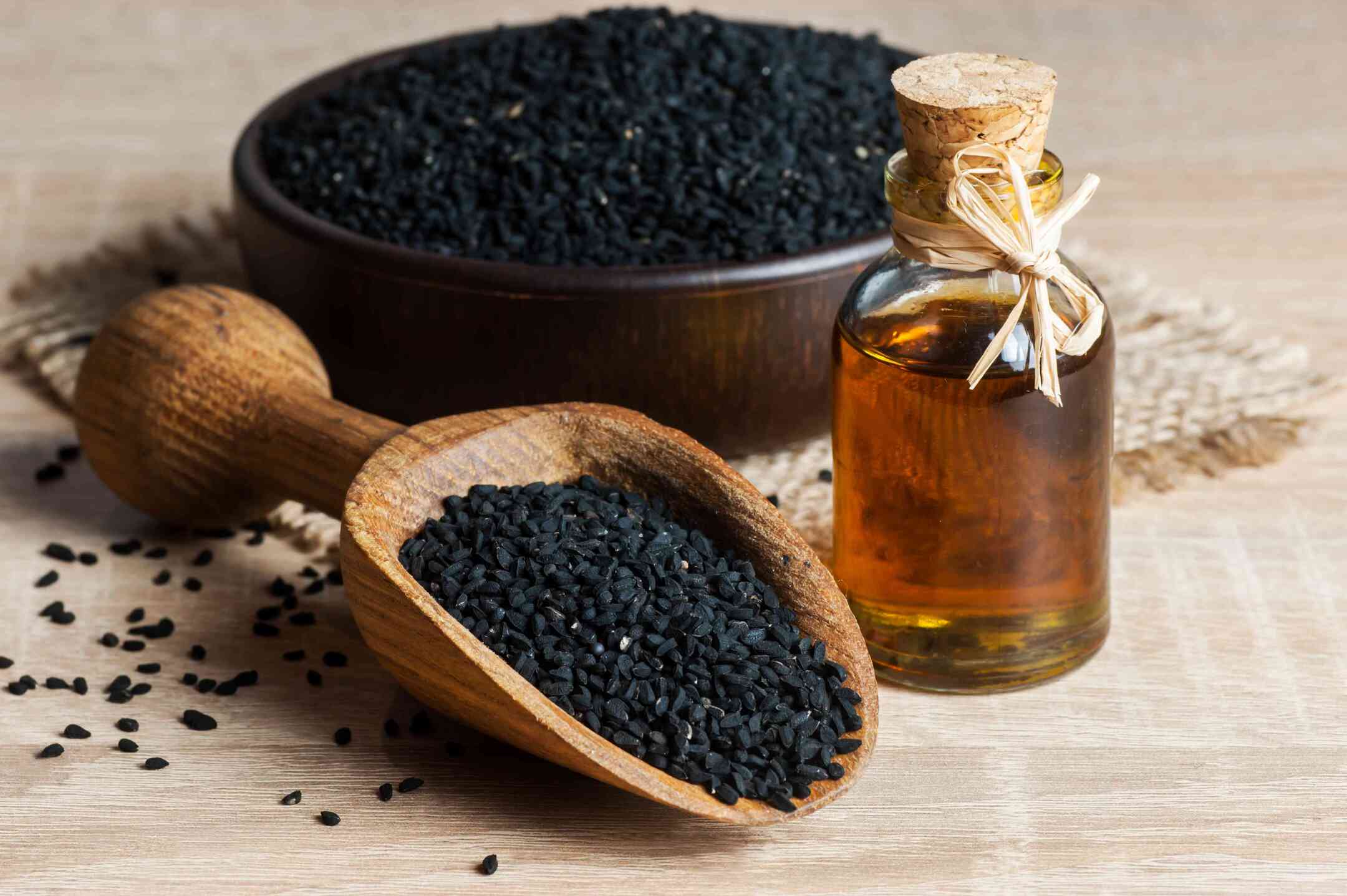
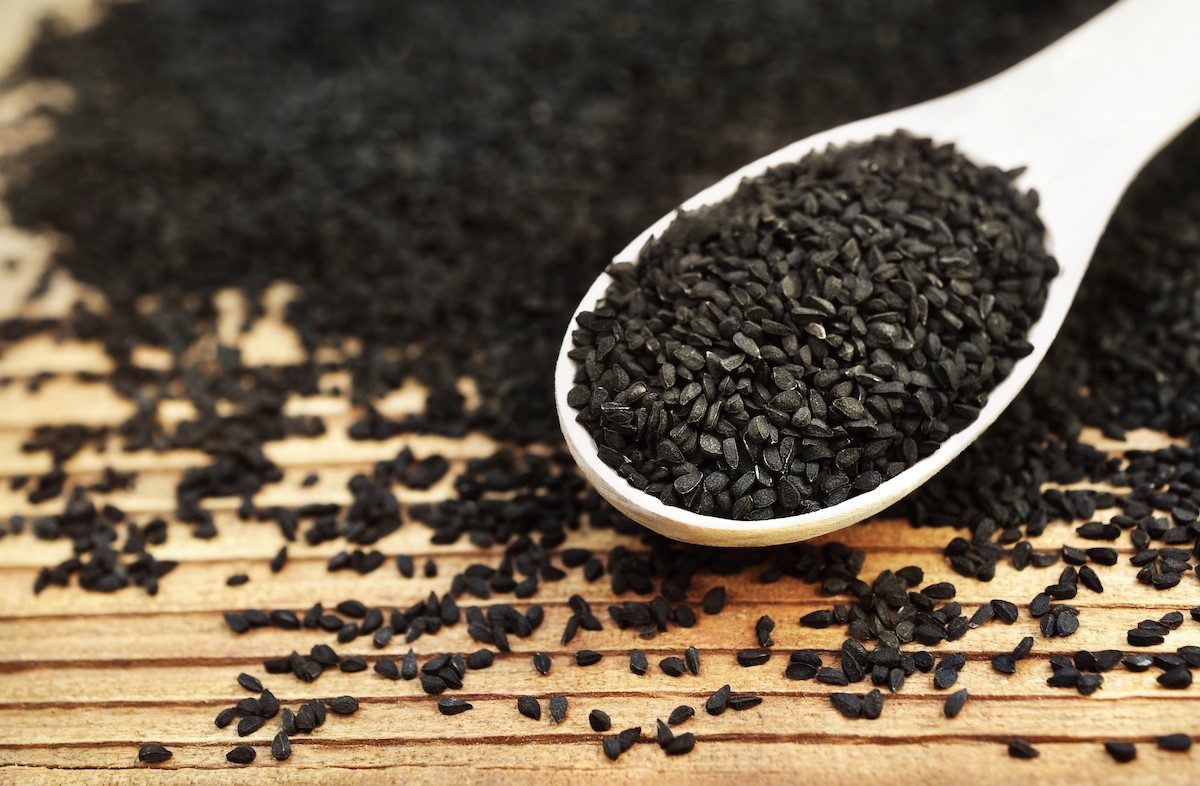
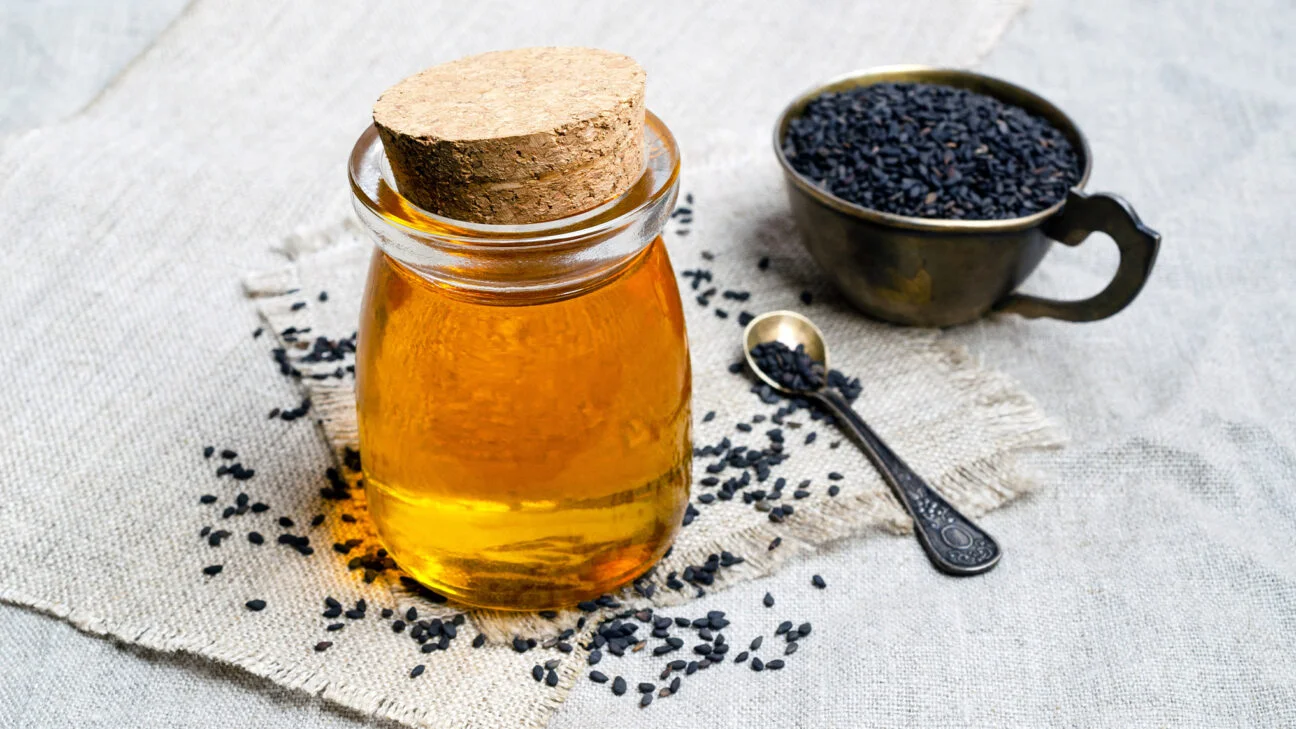
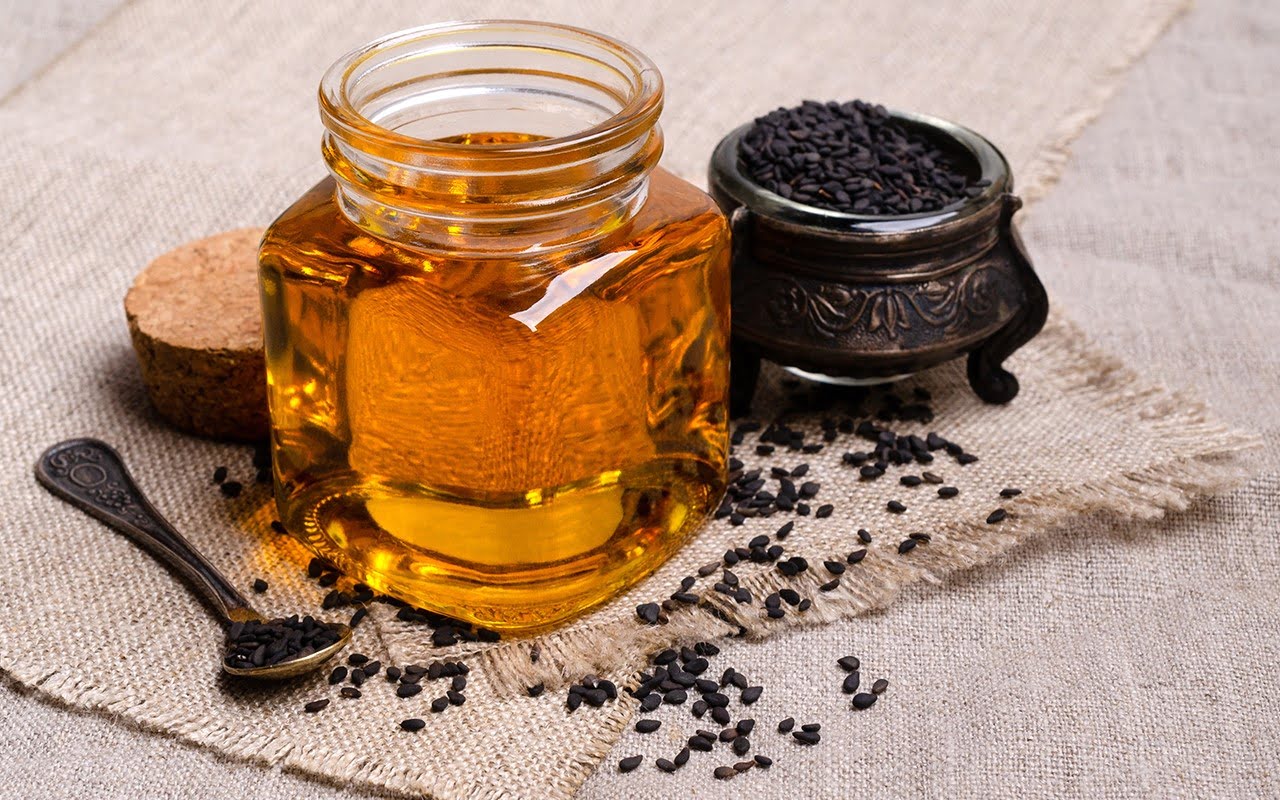
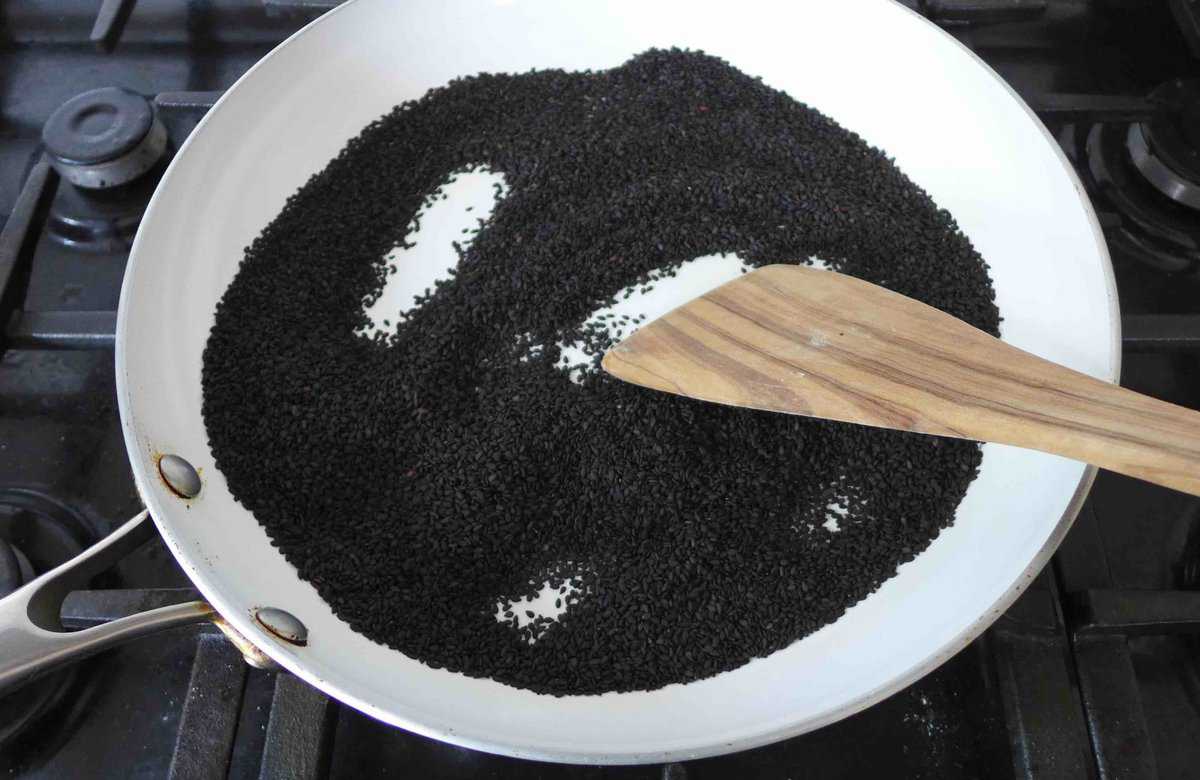
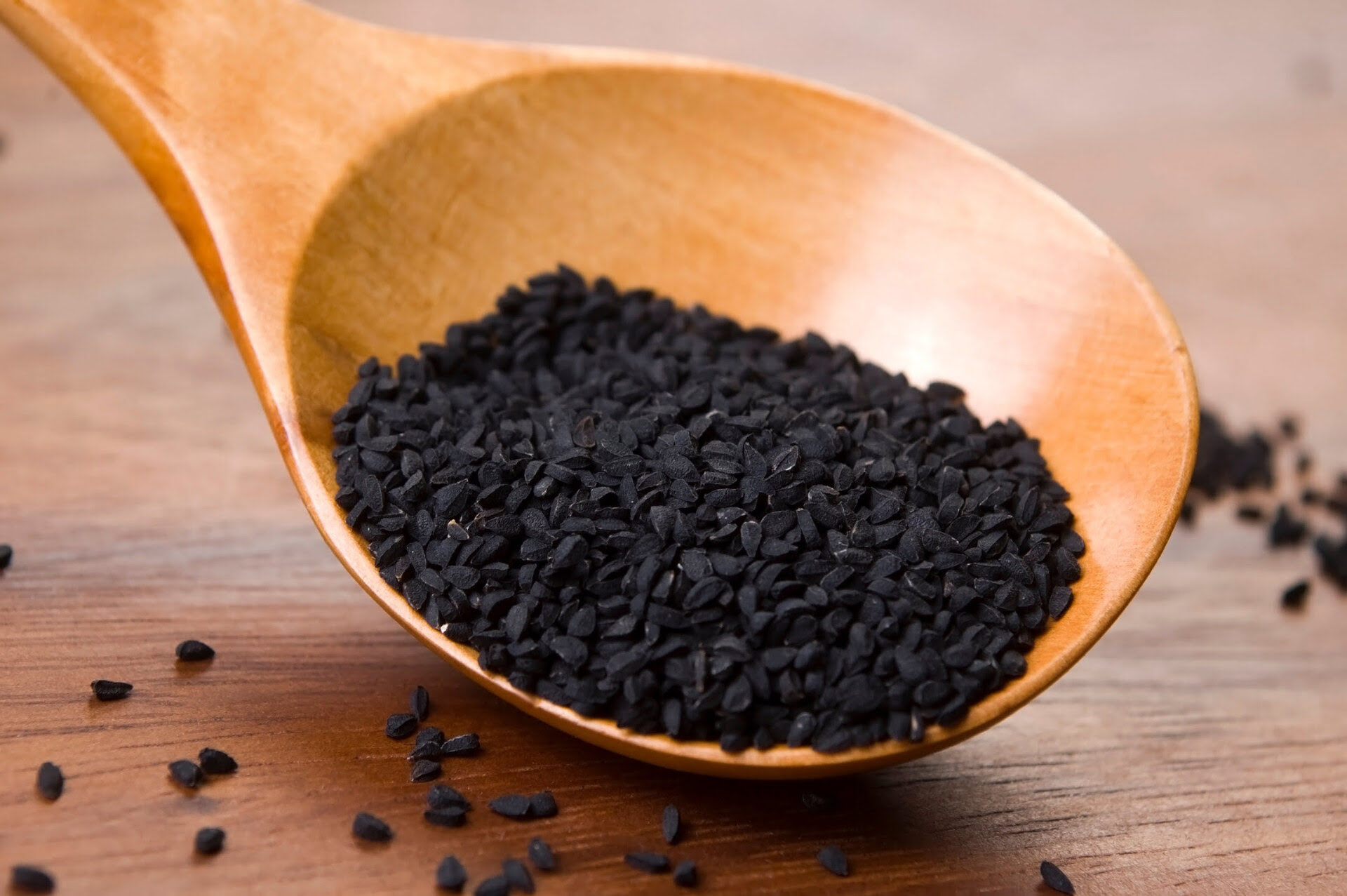
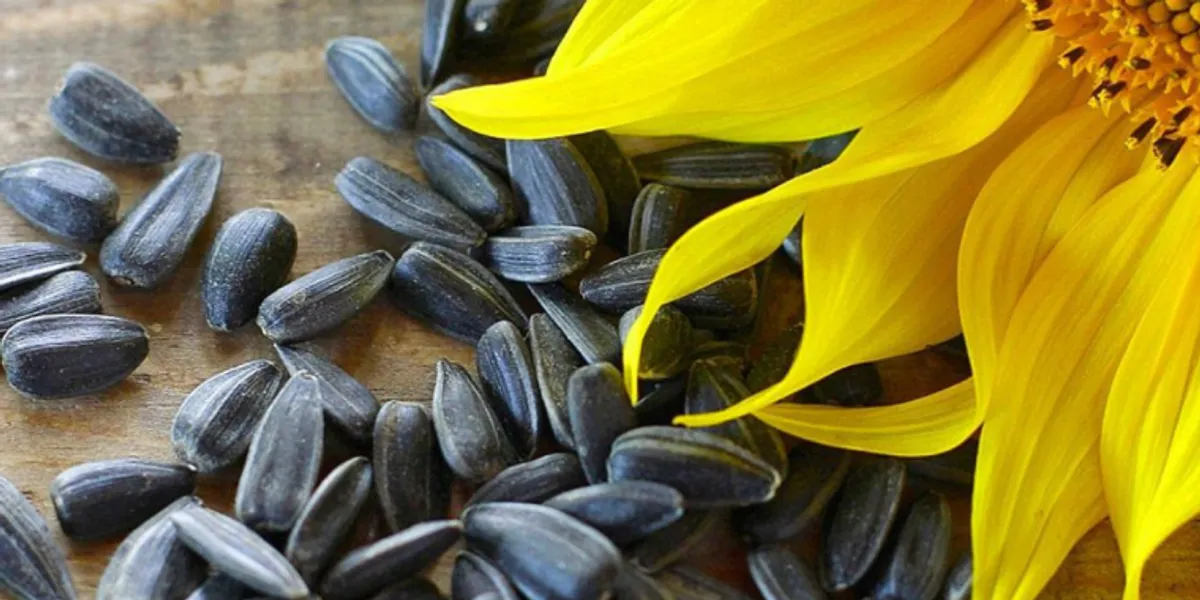
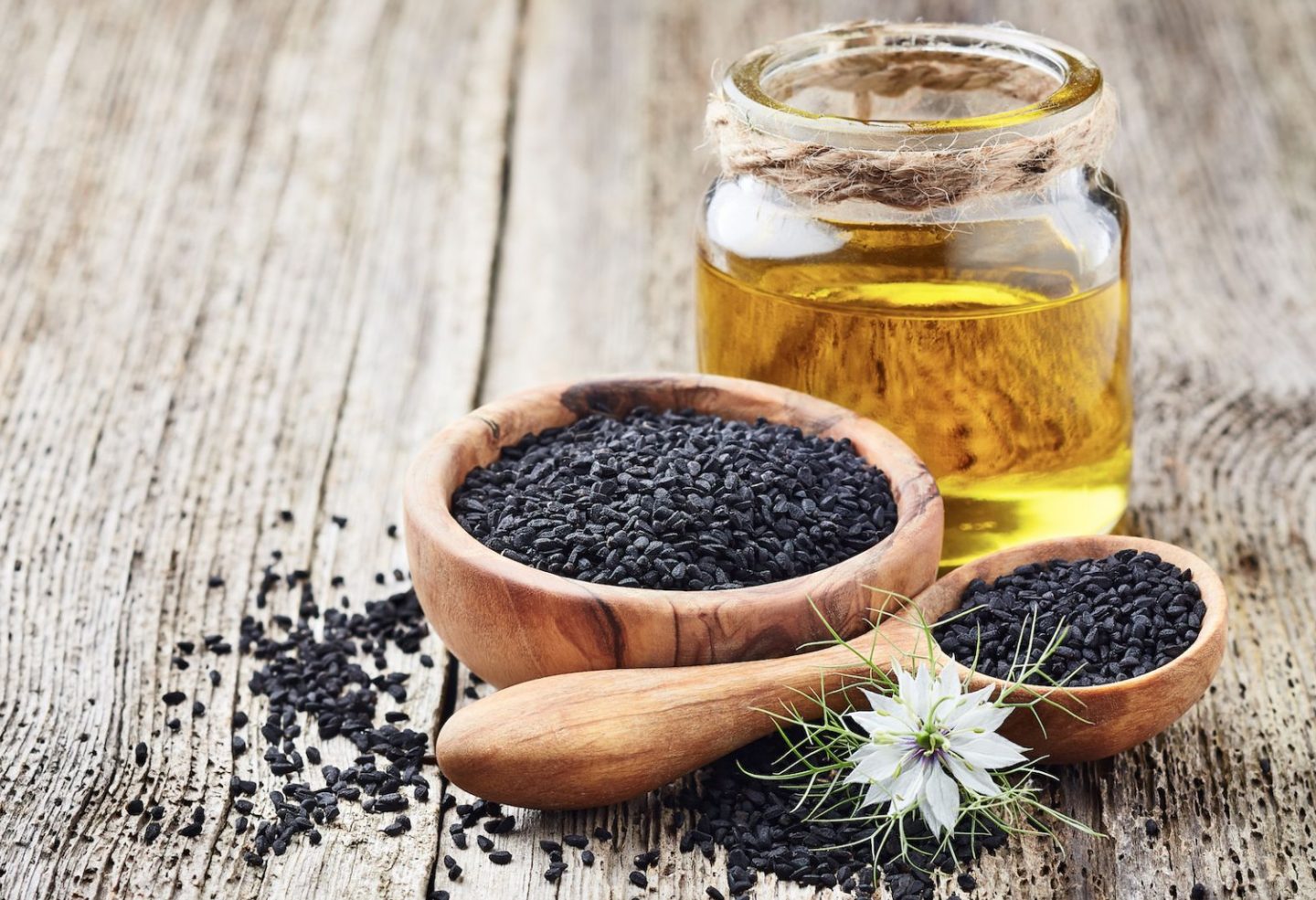
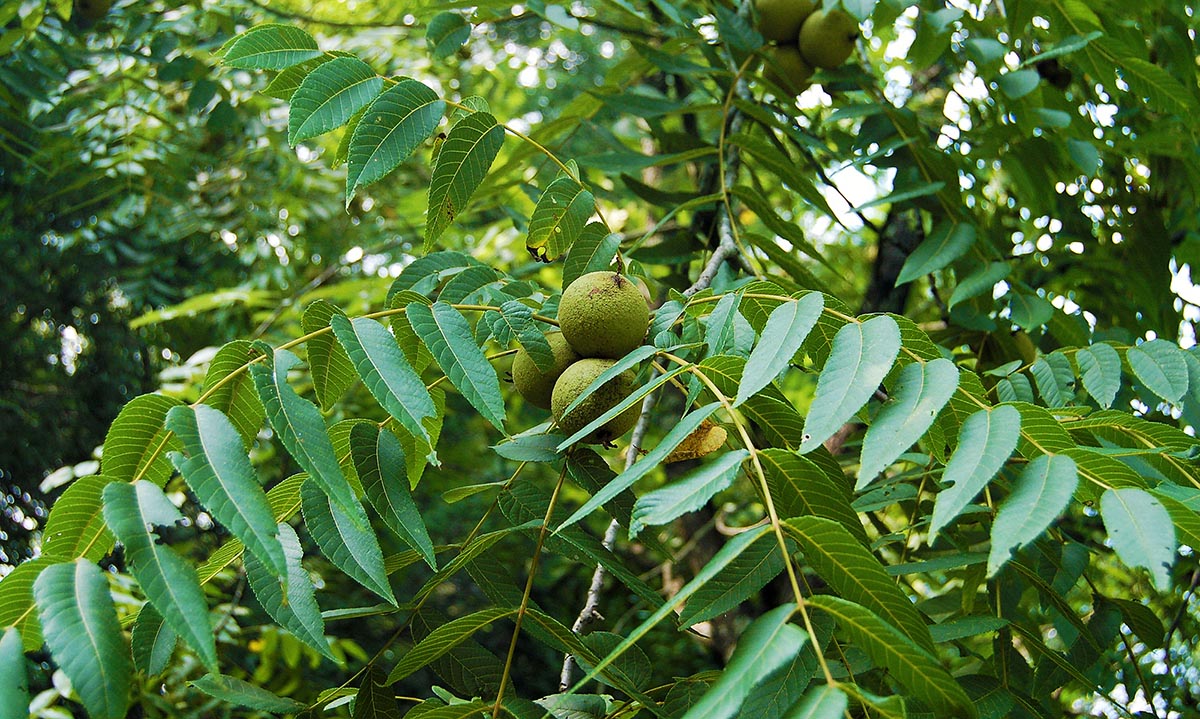
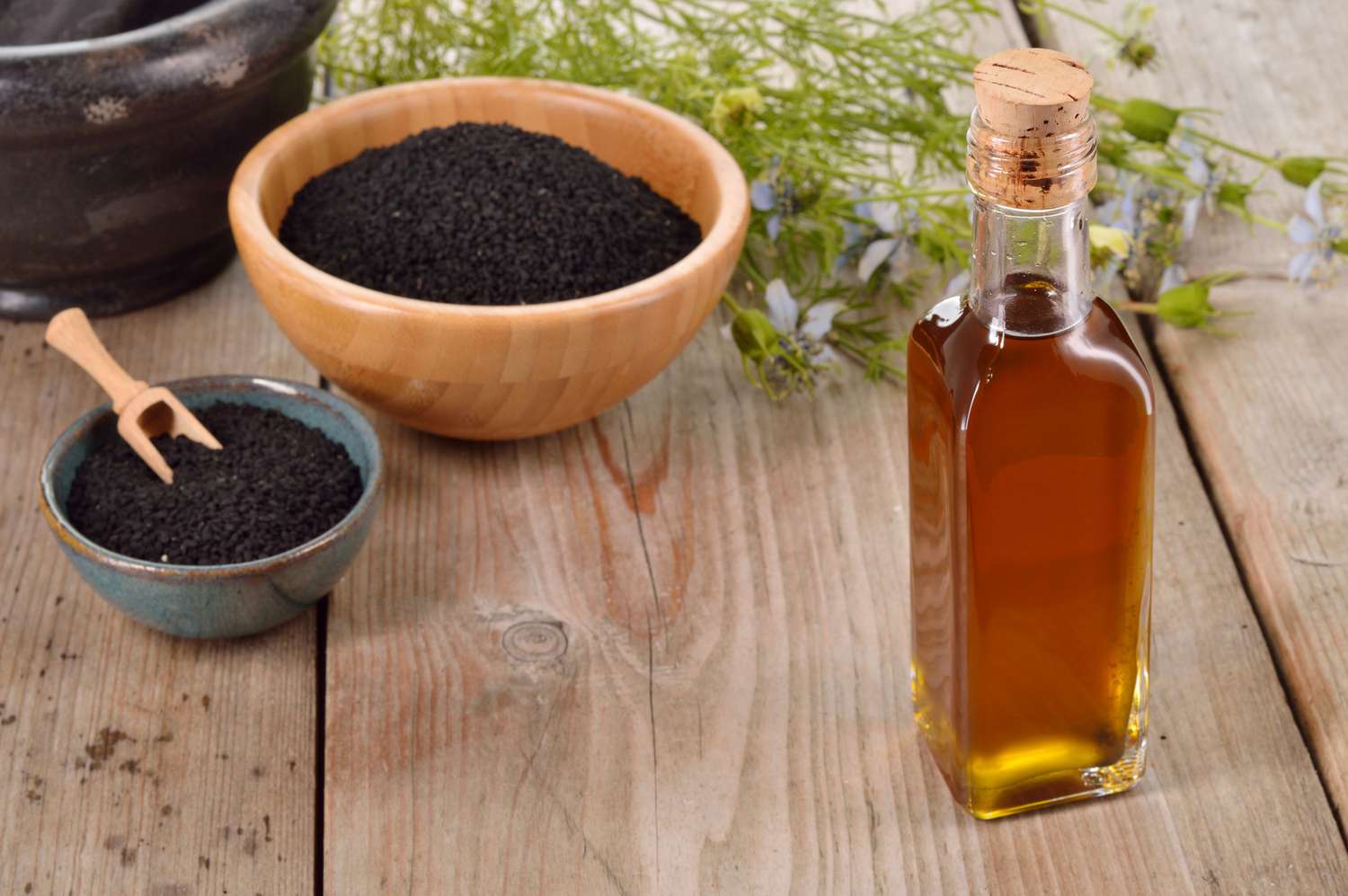
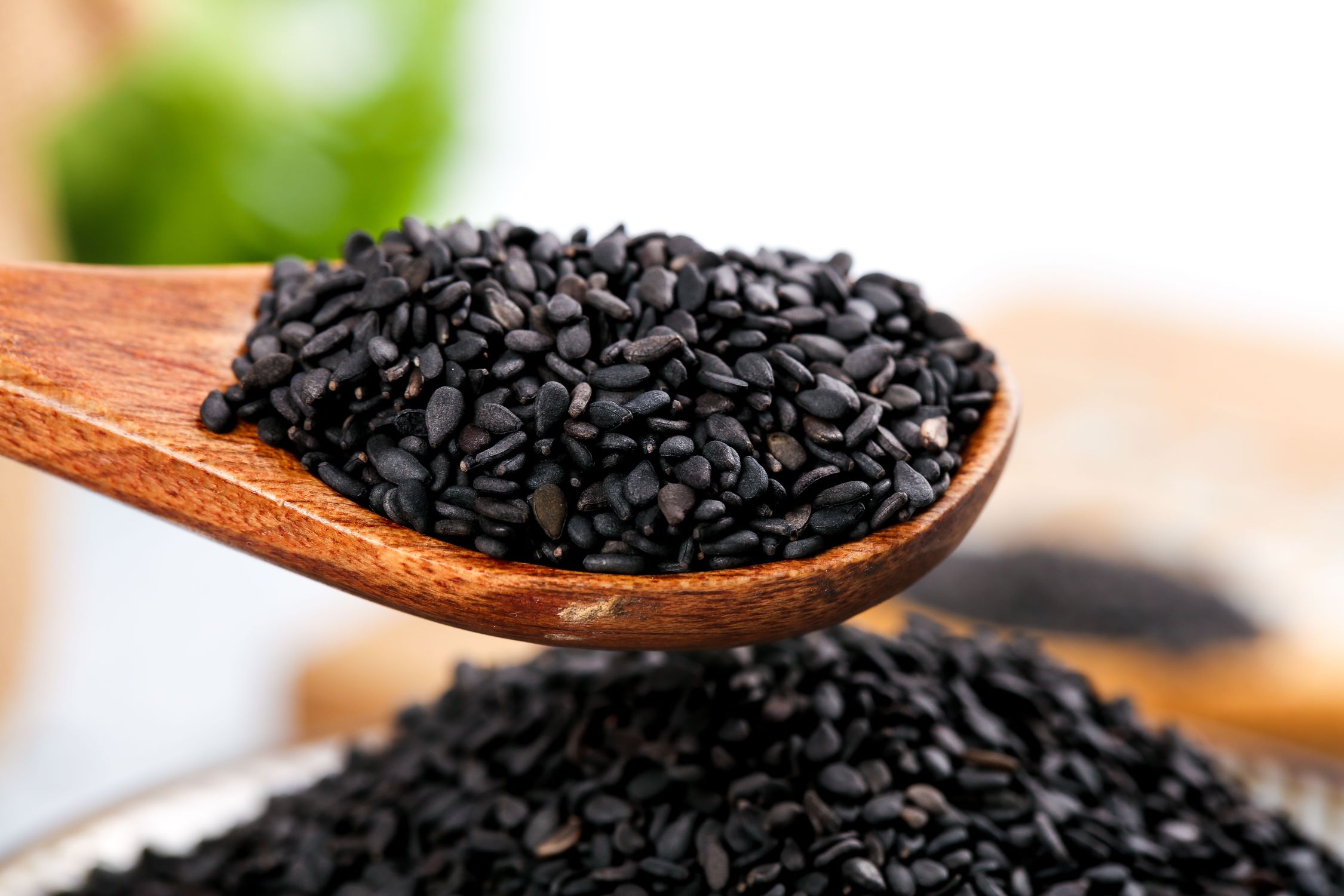

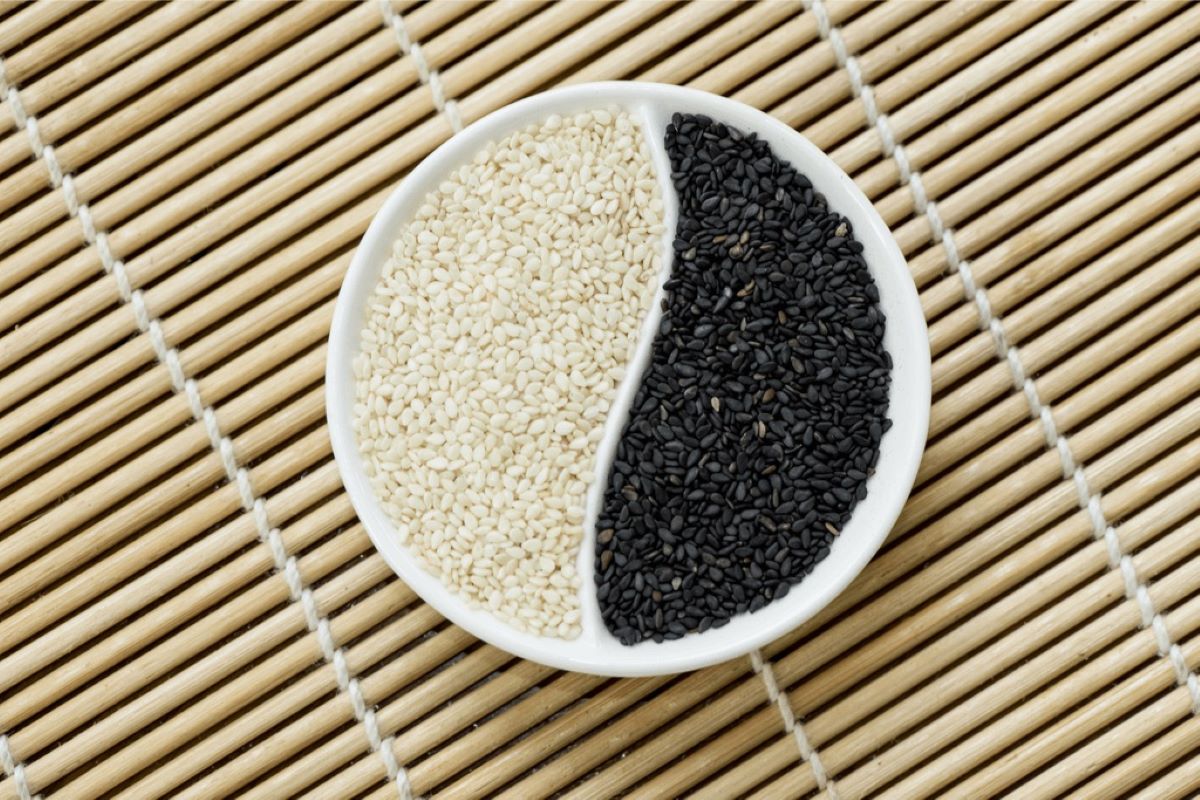

0 thoughts on “How To Use Black Seed”